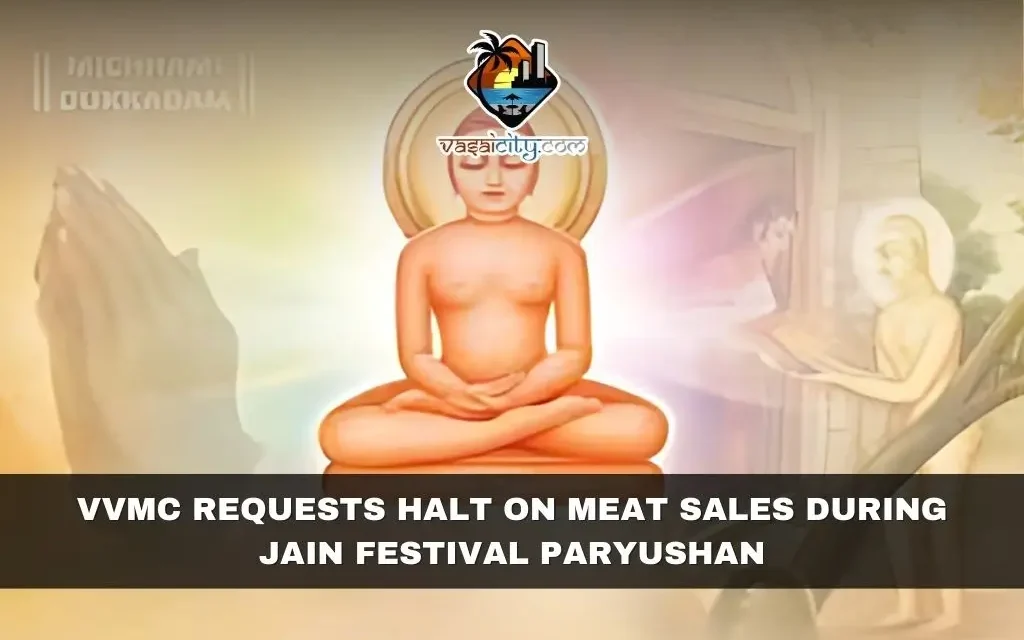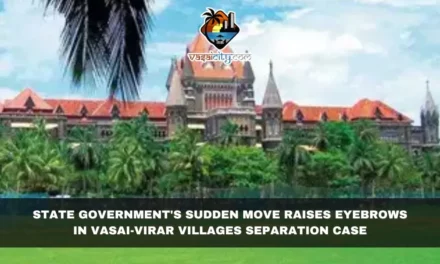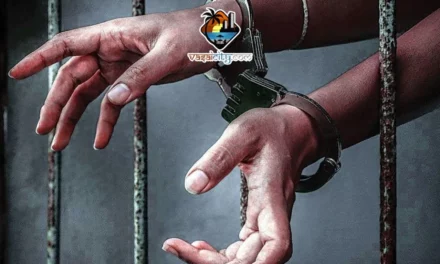The Vasai Virar Municipal Corporation (VVMC) has made an appeal to the residents of Vasai-Virar, urging them to refrain from the slaughter and sale of meat and fish during the Jain festival of Paryushan. This fasting period, which is considered one of the holiest for the Jain community, is set to be observed from August 31 to September 7.
Background and Previous Measures
Earlier this year, on April 21, the civic administration had already taken similar measures by banning the slaughter and sale of chicken, mutton, beef, and pork on Mahavir Jayanti, a significant day for the Jain community. This latest appeal builds on those earlier efforts, aiming to respect the sentiments of the Jain population by requesting a voluntary suspension of meat-related activities during Paryushan.
The appeal by the VVMC specifically calls upon citizens, including shopkeepers, butchers, and other businesses involved in the meat trade, to voluntarily refrain from selling and slaughtering chicken, mutton, beef, pork, and fish throughout this eight-day period. The civic authorities hope that this measure will encourage harmony and mutual respect among the diverse communities living in the region.
Concerns and Reactions from Different Communities
However, the appeal has stirred mixed reactions among various sections of the population, particularly those whose livelihoods depend on the sale of meat and fish. Several representatives from the fishing community in Vasai have expressed their concerns over the request. For many, fishing is not just a source of income, but a way of life that has been passed down through generations. With the monsoon season already affecting their work, an eight-day halt could pose significant financial challenges for these families.
One fisherman voiced his concerns, stating, “For us, fish is not just food, it’s our bread and butter. We understand the religious significance of Paryushan, but we cannot afford to stop our business for over a week. It would severely impact our earnings and daily survival.”
Meat shop owners in the region have also echoed similar worries. For them, closing their shops for eight days would mean a substantial loss of income, especially for small businesses that operate on tight margins. “Being out of business for more than a week will put a huge strain on us. We respect the Jain community’s beliefs, but there needs to be a balance where our livelihoods are also considered,” said a local butcher.
The Jain Community’s Perspective
On the other hand, members of the Jain community have expressed their gratitude for the VVMC’s appeal. They emphasize that Paryushan is a period of intense prayer, fasting, and reflection for them. The festival calls for complete non-violence, which includes abstaining from all forms of animal slaughter. For Jains, refraining from the consumption of meat and even vegetables that grow underground is a fundamental part of their faith during this period.
A Jain community representative stated, “Paryushan is a time of purification and spiritual upliftment for us. We appeal to our fellow citizens to understand our sentiments and avoid slaughtering animals during this period. It is only for a few days, and we hope everyone can respect our beliefs.”
The Jain representatives also clarified that their request is not intended to cause inconvenience to others but is a sincere appeal to respect the community’s traditions. They believe that a temporary suspension of meat sales is a small gesture that can go a long way in fostering communal harmony.
Balancing Diverse Needs and Sentiments
VVMC officials are aware of the diverse reactions their appeal has generated. They have stressed that the request is not a mandate or an order, but a plea for voluntary cooperation. The civic body is striving to maintain a balance between respecting religious sentiments and being mindful of the economic realities faced by other communities.
A senior civic official stated, “We understand the concerns of the meat sellers and the fishing community. Our intention is not to impose hardships but to request cooperation for a brief period. We have taken into account the representation from the Jain community and are making an appeal to the larger public. We believe that mutual understanding and respect are key to a harmonious society.”
Navigating the Path Forward
As the Paryushan period approaches, it remains to be seen how the residents of Vasai-Virar will respond to the civic body’s appeal. Some community members have suggested a dialogue to find a middle ground that respects religious sentiments while also considering the economic impact on those whose livelihoods depend on the sale of meat and fish.
A member of the local residents’ association suggested, “Perhaps the civic body can organize a meeting between representatives of both sides. This way, they can hear each other’s concerns and come to a mutually agreeable solution.”
The VVMC’s appeal highlights the delicate balance that needs to be maintained in a multicultural society like Vasai-Virar, where different communities live side by side, each with its own traditions and beliefs. While the Jain community is hopeful for understanding and cooperation, other residents are seeking ways to ensure that their economic activities are not adversely affected.
Conclusion
The request from the Vasai Virar Municipal Corporation brings into focus the need for dialogue and understanding in a diverse community. While religious observances like Paryushan are deeply important to the Jain community, there is also a need to acknowledge the concerns of those who rely on the meat trade for their livelihood. Finding a balance that respects both religious sentiments and economic realities will be key in moving forward harmoniously.
As the festival approaches, it will be crucial for all stakeholders to engage in open discussions and come to a consensus that reflects the spirit of mutual respect and coexistence that the Vasai-Virar region has long been known for.










